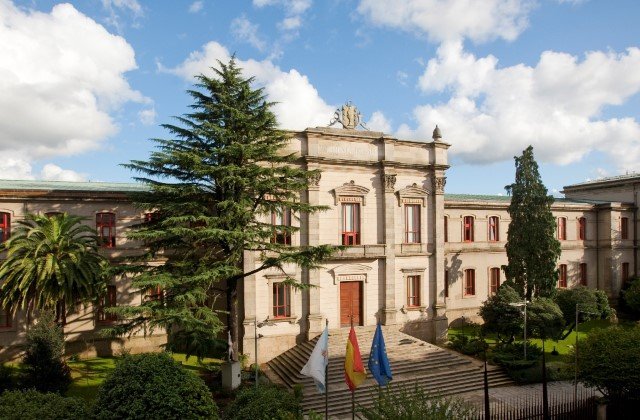On Sunday, February 18th, elections are to take place in the Spanish autonomous community of Galicia, called early by Alfonso Rueda, the current regional president and People's Party (PP) candidate for re-election. Although the polls show a clear victory for the PP in a territory that is one of their greatest strongholds across the Spanish state, the question is whether this triumph at the polls will be enough to maintain the placid absolute majority with which the party has governed for years in Galicia, first with the current Spanish president of the party Alberto Núñez Feijóo at the head and now with Rueda, his substitute. The absolute majority in the Galician parliament is 38 deputies, a number that the PP surpassed in the last elections, in 2020, obtaining 42 seats. The polls place the Galician Nationalist Bloc (BNG), led by Ana Pontón, as the second most voted party, a fact that could either consolidate them as the main opposition party, ahead of the Galician Socialists (PSG), or give them an opportunity to lead an alternative majority to oust the PP in the event that Rueda should lose the absolute majority. The other question of these elections is to know the role of Vox and Sumar, two parties that according to the polls would be left out of Parliament.
The CIS sees the PP falling away and predicts a change in the government
In the first survey by the the Spanish public polling agency the Centre for Sociological Research (CIS) since the campaign began, the PP achieves between 34 and 38 deputies, a significant fall compared to its representation in the last legislature and which, in addition, would leave the conservatives without an absolute majority in the first elections anywhere in Spain since the political sequence that began in mid-2023: last July's general election won by Feijóo, the investiture of Pedro Sánchez as new PM with the support of pro-independence parties voted in exchange for, among other things, the amnesty law. Specifically, the CIS gives 42.2% of the votes to the PP and places the Pontón's BNG in second place, ten points back (22.9%). This would be a very good result for the Galician nationalists, consolidated as the second force, who would see their representation improve from the current 19 MPs to 26 in the best option foreseen by the CIS, with an increase of 8.9%. The PSG would also improve but only by 0.5% in voting intention compared to 2020 and the CIS poll predicts it to gain between 13 and 15 deputies - when, in fact, it has 14 now. According to the CIS, the Galician Parliament would only have three parliamentary groups, since neither Sumar nor Vox would win seats, although with Sumar getting closest.
The rest of the surveys, more optimistic for the PP
However, in the rest of the polls published in recent weeks, the PP has fared much better than in the CIS poll, although most of them predict some erosion of its support, and only in the newspaper La Razón's poll does it manage to keep all its current 42 seats intact. The rest of the surveys give the PP between 39 and 41 seats, thus repeating the absolute majority even in the worst case. According to the rest of the polls, the main beneficiary would be the BNG, with the Galician nationalists achieving a maximum of 23 seats, although most media give them twenty. On the other hand, all the other polls predict more or less the same result for the Galician Socialists: between 13 and 15 deputies.
